[ad_1]
Hiking in the winter doesn’t need to be a cold, wet, dreary experience like it often seems that it is. With the right winter hike essentials, any winter day can turn into a wonderland filled with the potential of adventure. Making sure you have everything you need to keep safe, warm, and happy this winter is can seem like a lot. Before going on, everyone needs to make sure they don the right apparel, strap on the right gear, and pack the right essentials.
Everyone is different, some are made for the cold, some aren’t. Don’t worry though, follow these tips and you’re sure to be more than content out there.
It’s not just about the gear
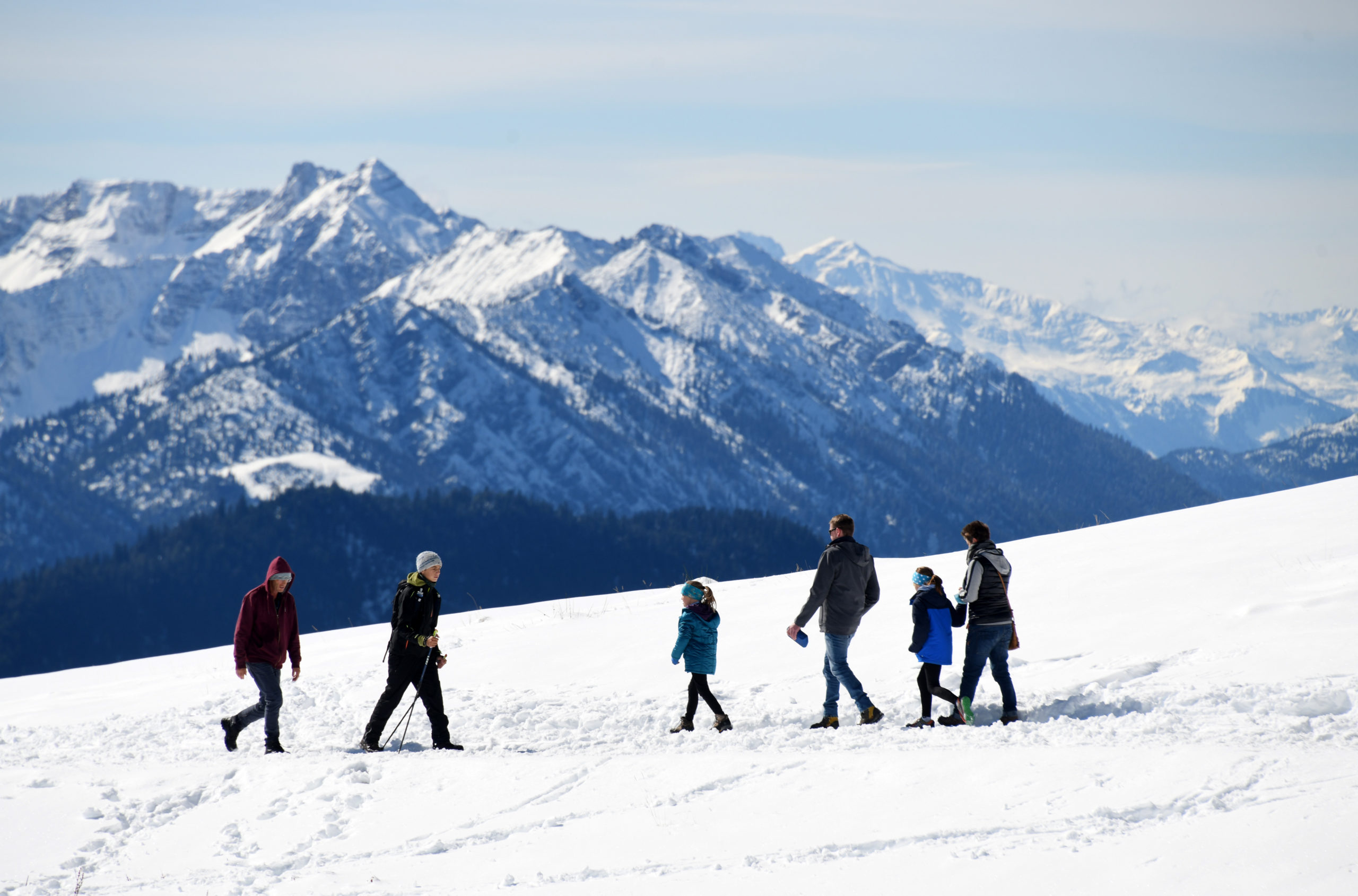
Photo by Tobias Hase/picture alliance via Getty Images
Getting out there in the winter is going to require you to take care of yourself, before, during, and after the hike itself. To get you truly prepped for a journey into the flurries, we need to talk about gear and self-care. No matter the gear you bring, if it isn’t used properly you’ll find yourself wet and cold in a miserable environment. If you learn to use it properly, you’re set for the perfect trip.
Winter hiking isn’t about just manning up and fighting the cold. It’s much more about doing it right. So let’s start by looking at the gear you’ll need to get you through the cold.
But sometimes, it’s about the gear
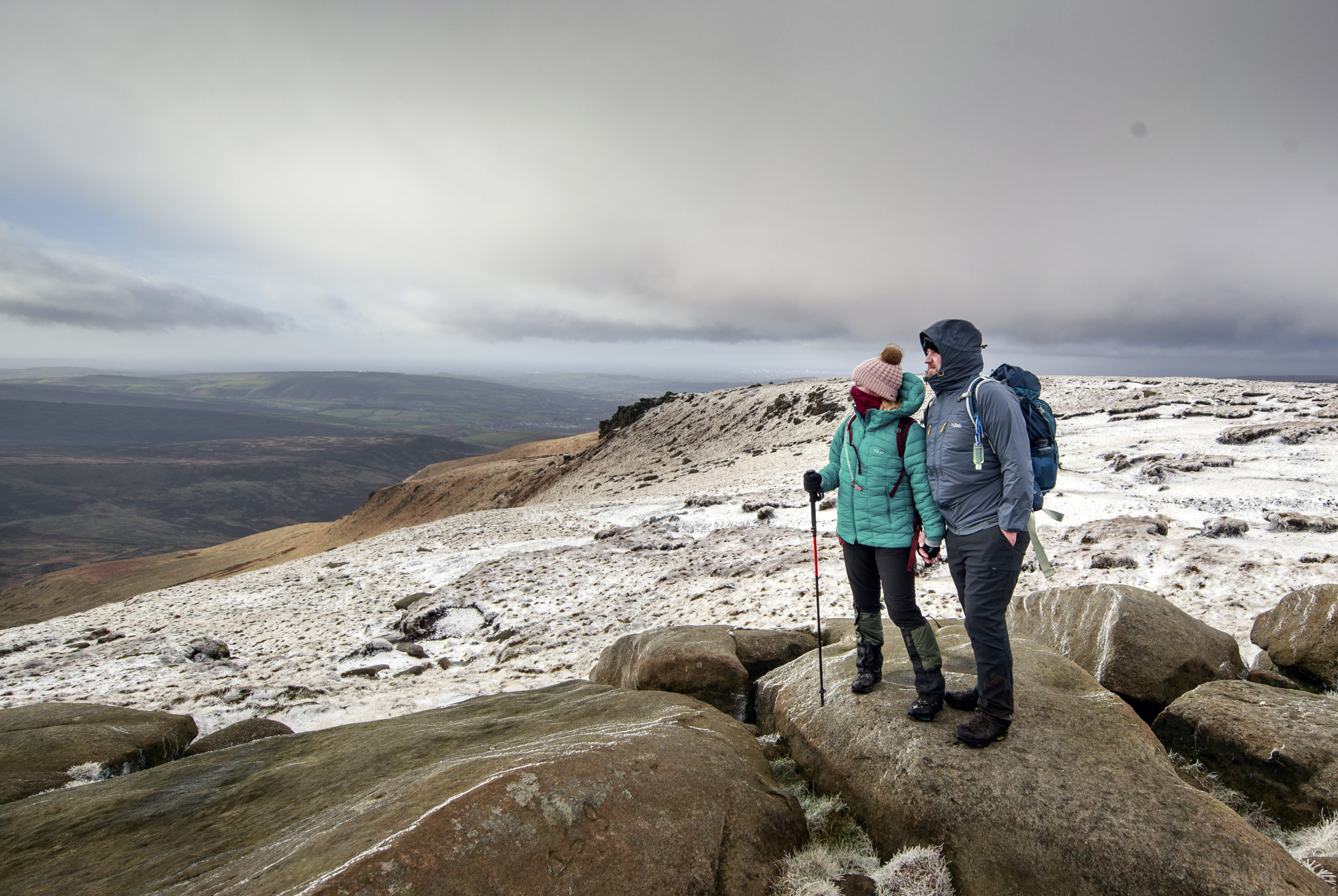
Photo by Danny Lawson/PA Images via Getty Images
The gear you choose to bring is going to be an array of difficult decisions for each article of clothing, pair of shoes, or set of skis if that’s what you’re after. Arguably, one of the most important pieces of gear is going to be the boots you strap on to protect your feet.
The perfect winter boot is going to be waterproof, durable, and insulated. These can be tricky to size and you need to remember that wearing thick socks is going to be your go-to in the winter. Buying a half-size up is never a bad idea for winter comfort.
ManMade Recommends: Columbia Men’s Bugaboot Plus IV
Frostbite isn’t something to joke about. When temperatures start to get low, your digits are at-risk. Wet conditions push frostbite to start occurring at higher temps than it normally would, and with your feet trekking through the snow, it’s likely to get wet feet.
The most essential piece of gear for winter hiking is a good pair of boots. Again, insulated and waterproof boots are necessary. If you happen to start feeling the effects of frostbite, get back home as quickly as possible and re-warm with skin-to-skin contact. Prevention is however the best medicine. Toe warmers and thick wool socks go a long way in the winter.
ManMade Recommends: 3-Pack of Wool Hiking Socks
Circulating Warmth
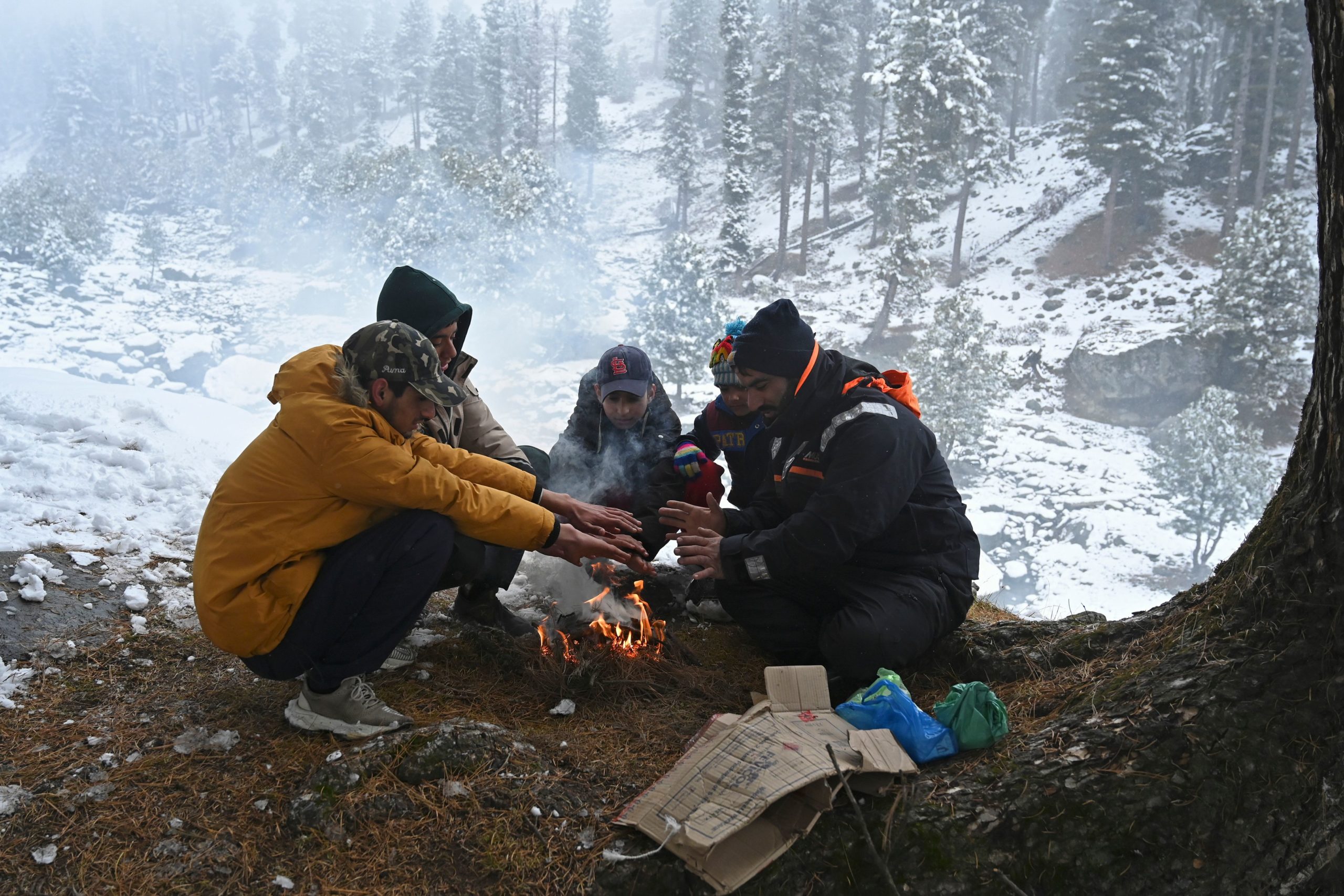
Photo by TAUSEEF MUSTAFA/AFP via Getty Images
Another key to staying warm in snowy, cold, and wet conditions is to give warmth to the core. If you keep your core warm, it will continue to pump warm blood out to the further extremities of your body and keep toes and fingers well-circulated with warmth.
Whenever you layer up, remember that the more you wear, the more likely it is to start sweating if you are moving. That’s why most experienced winter hikers use the phrase, “Be bold, start cold.” Hiking is going to warm you up and you’ll likely need to de-layer down the trail to avoid sweating. It’s best to head it off and start just a little cold.
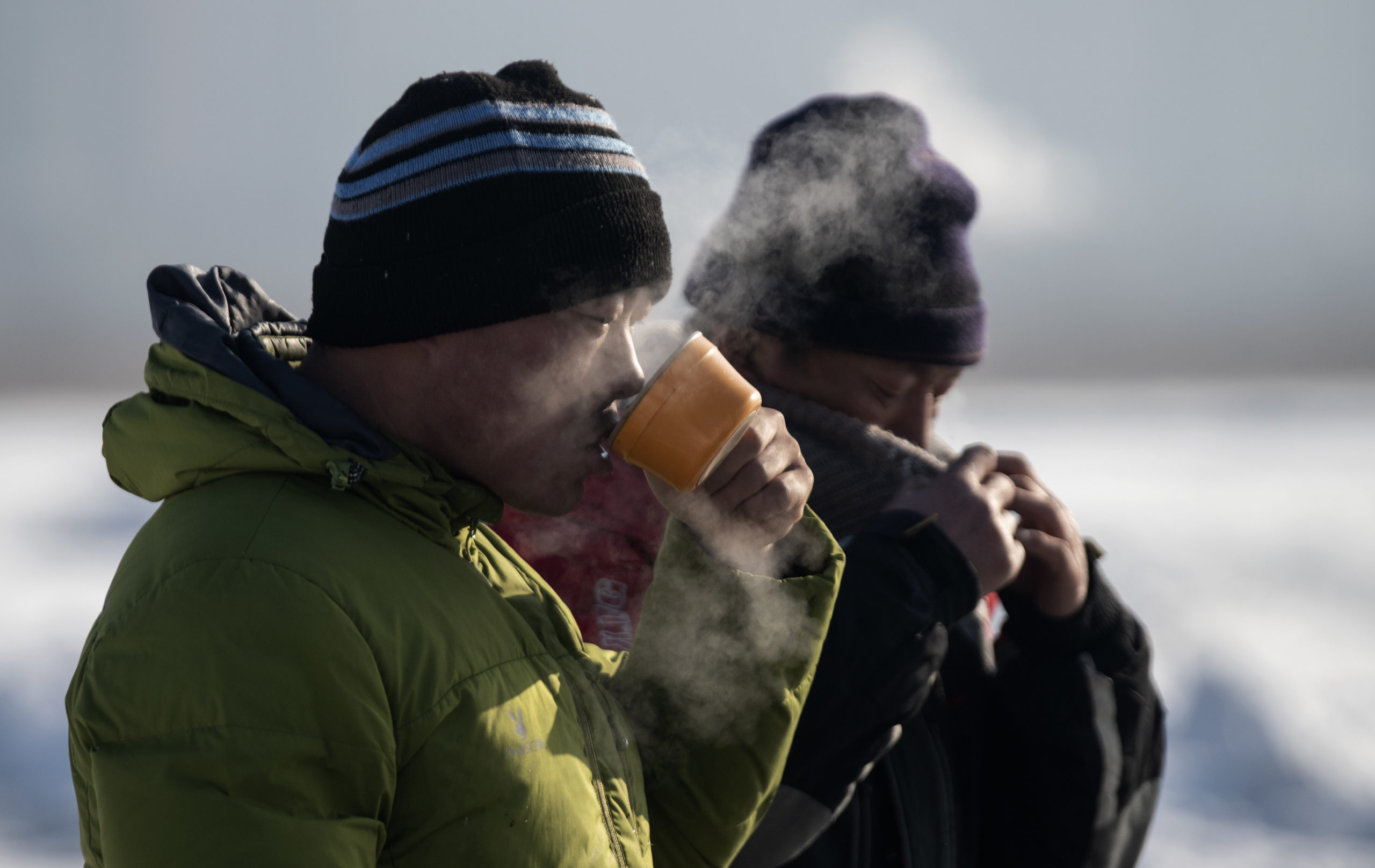
Photo by NOEL CELIS/AFP via Getty Images
Thermoses of hot tea, hot chocolate, or coffee bring immediate warmth that you can feel spread through your body immediately on the first sip. It isn’t just hot drinks that will keep you warm though.
Begin to think of your body as a furnace. It needs fuel to burn in order to produce heat and keep the rest of the house, your body, warm. There are a couple of great ways to do this effectively. The first is just to feed yourself well. Fatty foods, and lots and lots of butter. Eating while hiking in the winter is awesome. Eat what you want, and a lot of it.
ManMade Recommends: Our go-to Thermos is the Stanley because it has a handle for easy-drinking and comes in army green
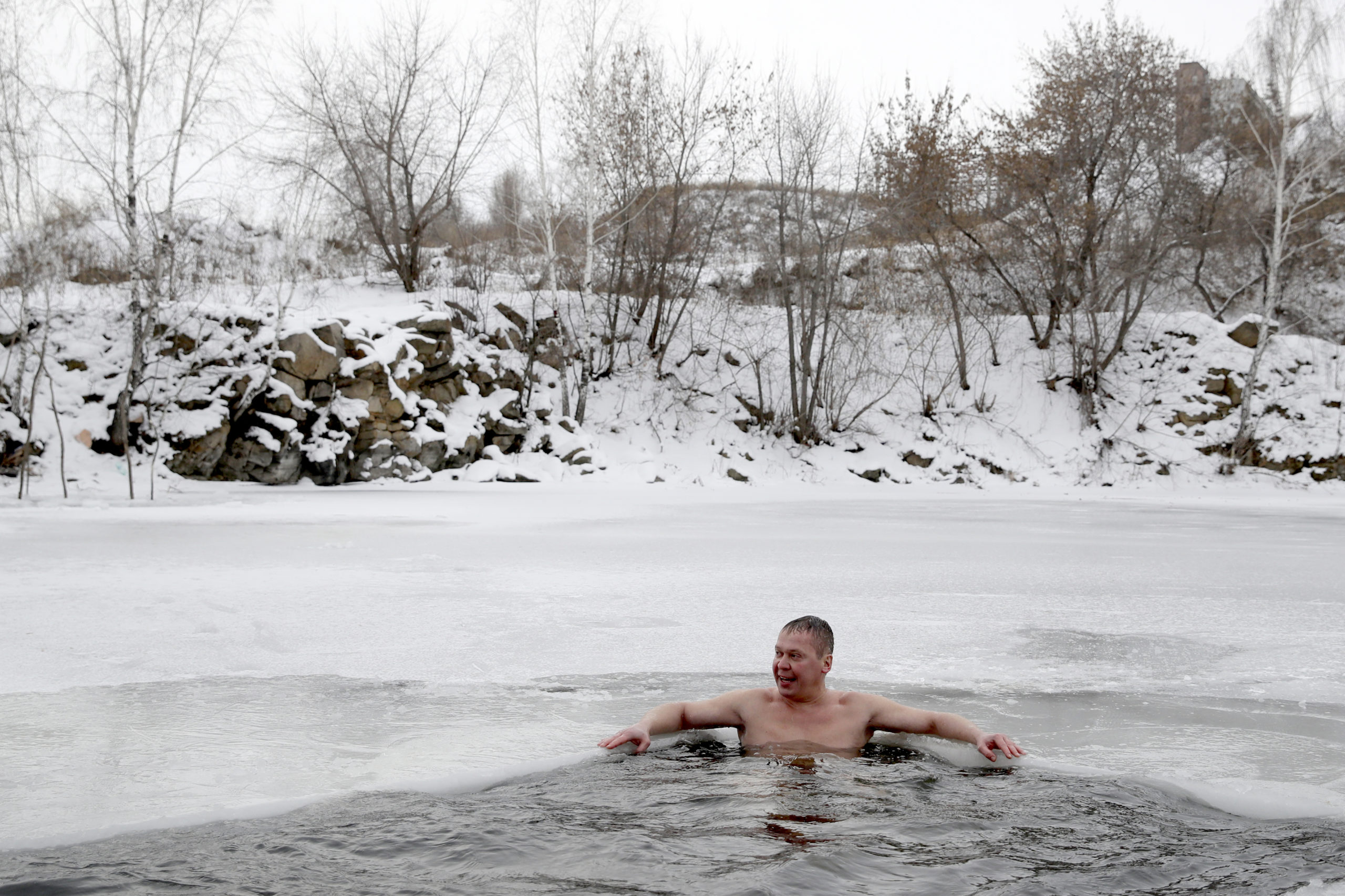
Photo by Kirill KukhmarTASS via Getty Images
Sometimes you need to embrace the cold. Yes, your water bottle may freeze overnight, and yes, your water is going to be cold. It can feel like forcing yourself into an ice bath to drink water and stay hydrated, but it is incredibly necessary to do.
Dehydration leads to thicker blood that doesn’t move throughout the circulatory system as well. This leads to a lack of blood flow in the digits and can make you so much colder. Make sure to stay hydrated while hiking and it will keep you that much warmer.
Layers layers layers
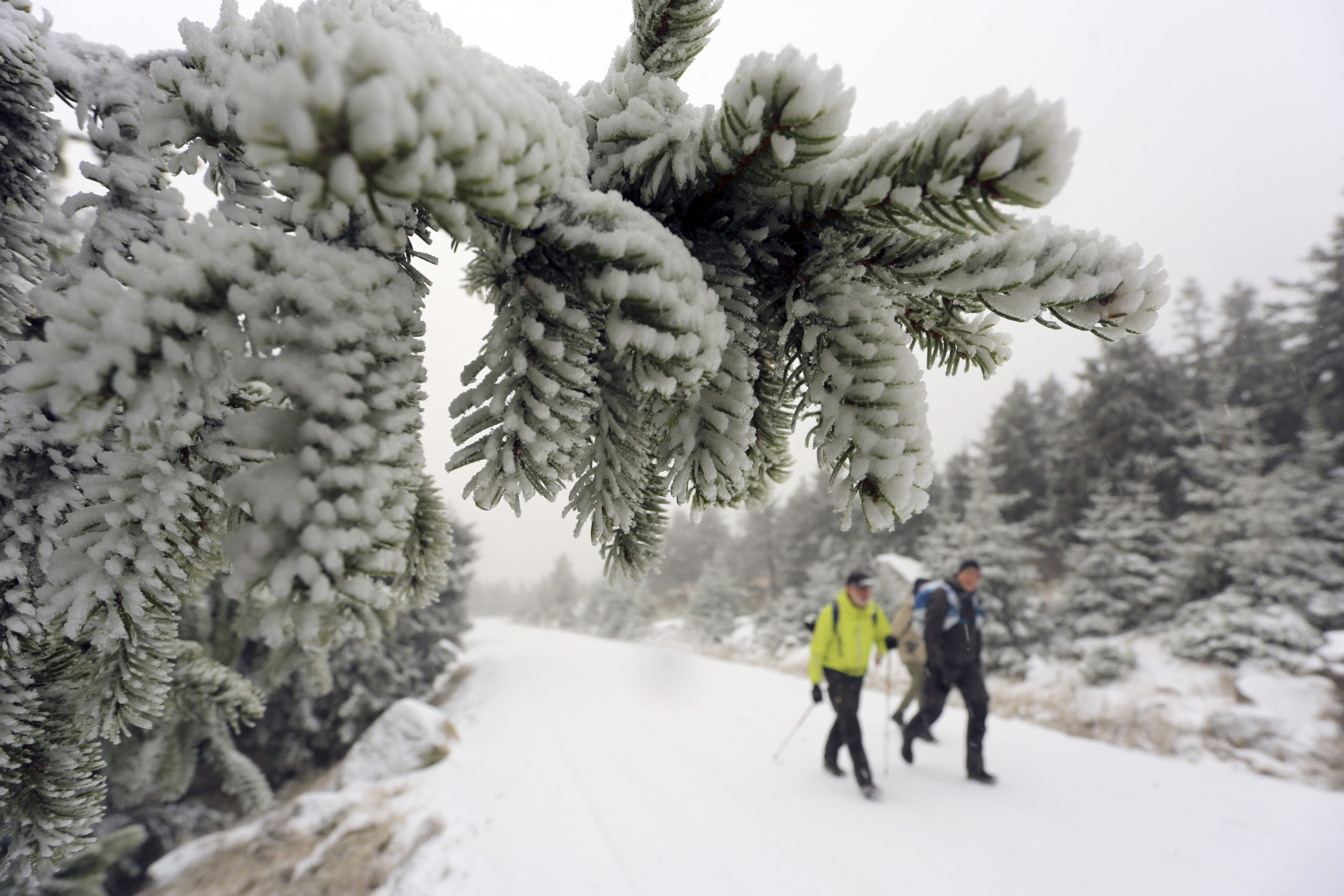
Photo by Matthias Bein/picture alliance via Getty Images
The best possible solution to most issues with keeping warm on winter hikes is utilizing a great layering system in what you wear. Layers allow you to add more and more as the temps drop, but also to remove layers when you are on the move. One 1000 fill goose down jacket will definitely keep you warm, and will also make you sweat.
With thinner layers, you can control your body temperature a lot easier. Start with a thick base layer made from merino wool or other synthetic materials. These are breathable yet also keep you incredibly warm. Materials like cotton will stop keeping you warm the moment they start to get wet. So ditch the cotton now.
HAVE FUN
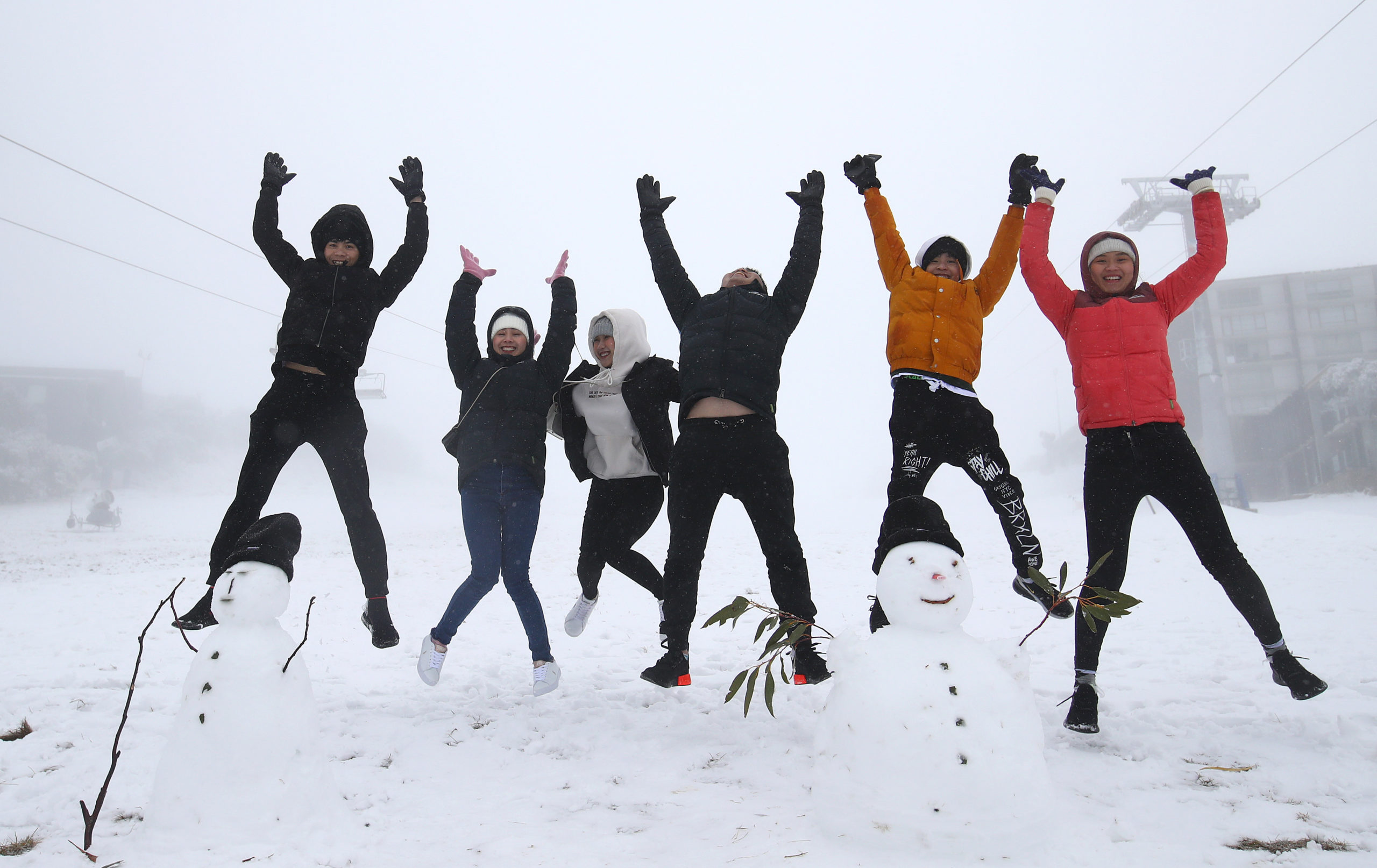
Photo by Robert Cianflone/Getty Images
Quite possibly the most essential thing to be doing while hiking in the winter is to have fun. Not only is it going to keep you warm, it will push you to keep coming back to the beautiful snowy landscapes that the winter has to offer.
Find a winter hobby that can get you the exercise or adrenaline rush you’re looking for. Downhill, cross-country, and backcountry skiing are great hobbies that have a massive amount of potential for fun. The first time going ski touring, I remember sweating and being completely exhausted on what was considered a short tour. I consider myself to be rather fit too.
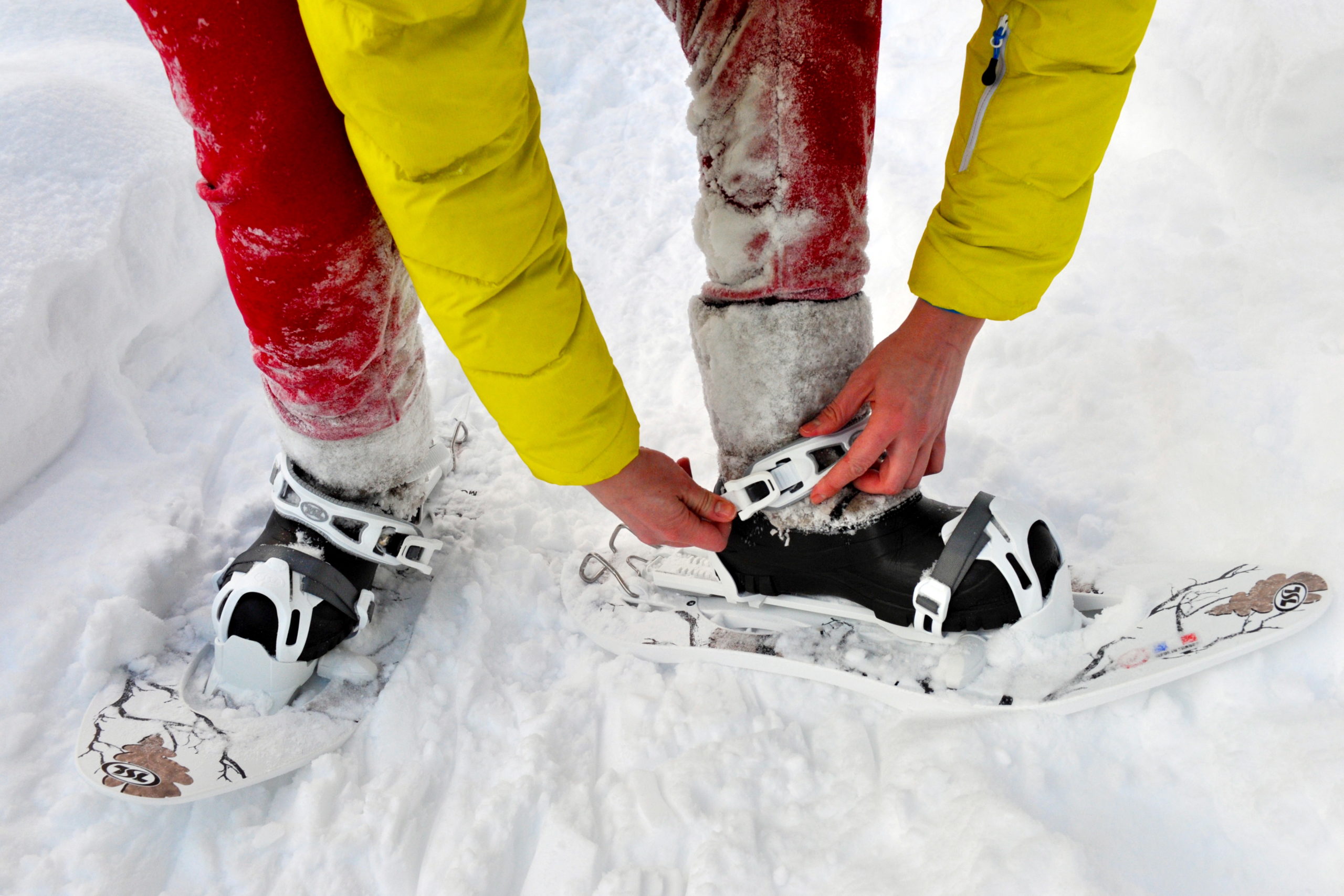
Photo by Lev FedoseyevTASS via Getty Images
Another underrated snow sport is snowshoeing. Snowshoes easily take you places that would normally require hours of wading through waist-deep snow by floating you atop the snow, feet above the ground. They are relatively inexpensive when looking at snow sports equipment and will last forever.
In my book, snowshoes are absolutely essential to winter hiking. Strap them to your pack and head up the mountain. When you start hitting deep snow, there’s no need to turn back. Throw on the snowshoes and you can turn it into a summit day surrounded by snow-capped peaks.
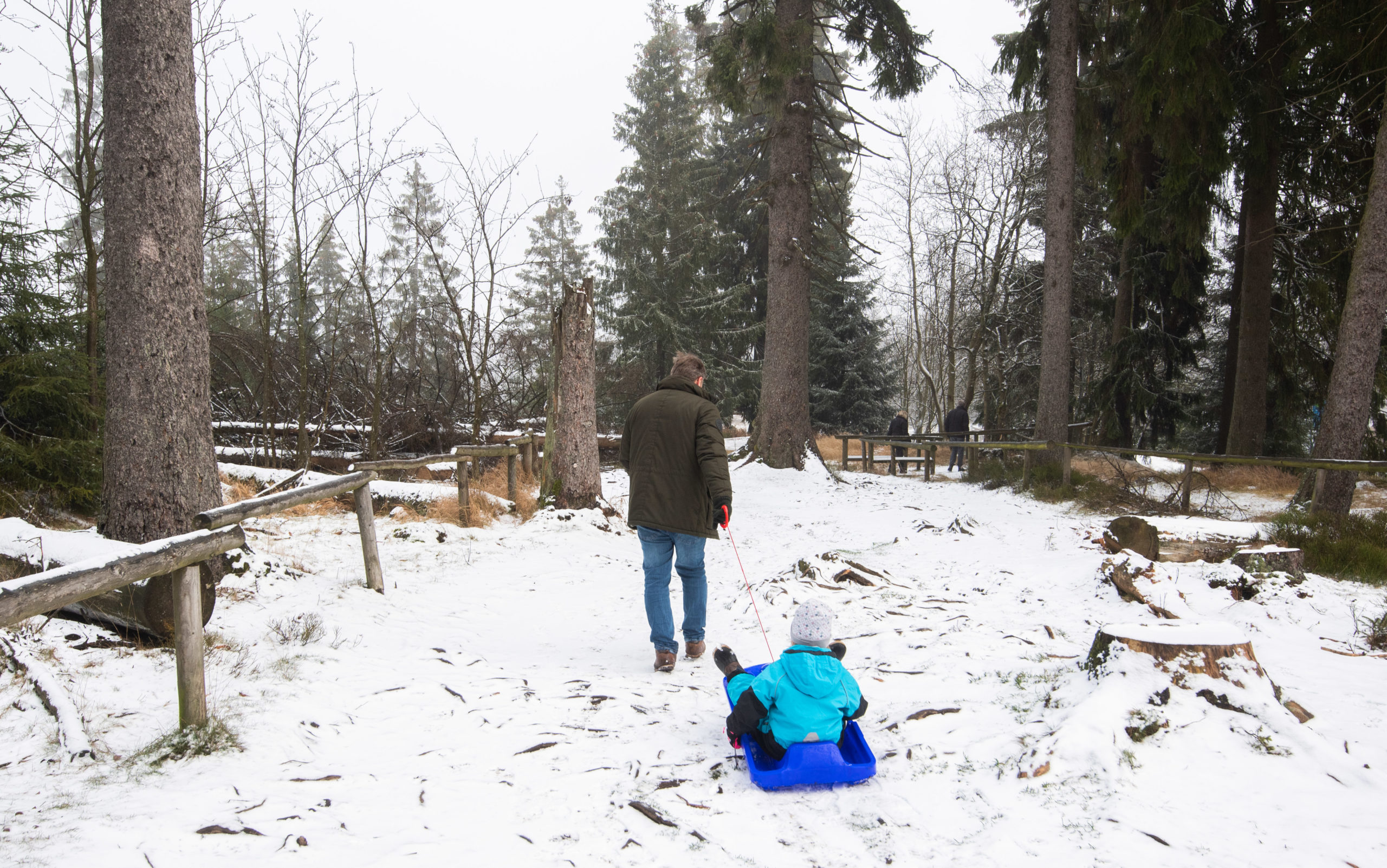
Photo by Julian Stratenschulte/picture alliance via Getty Images
At the end of the day, it’s time to take care of yourself. Winter hiking takes you into a majestic landscape where sound and all other life seems to fade far away. It’s an exhausting journey though, to push your body to keep working hard to stay warm and move forward.
If you are backpacking, or plan on going out again the next day, take what you learned from today’s hike and see how you can continue to increase your comfort while trekking through the snow. Don’t let the snow stop you in your tracks and go make some fresh ones.
[ad_2]
Source link

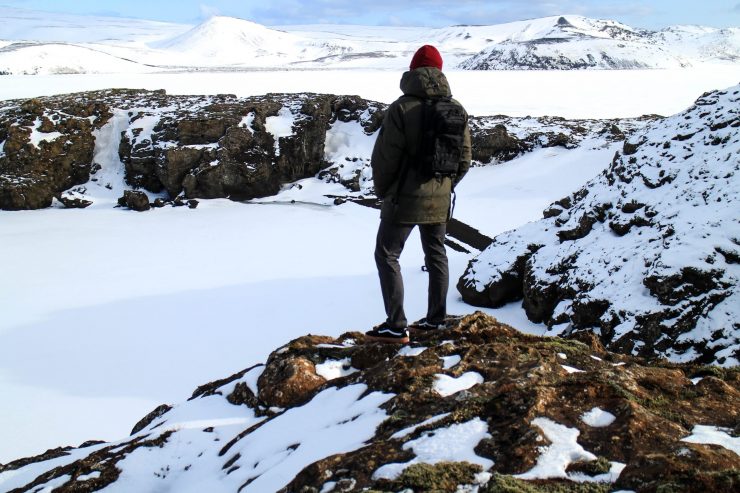

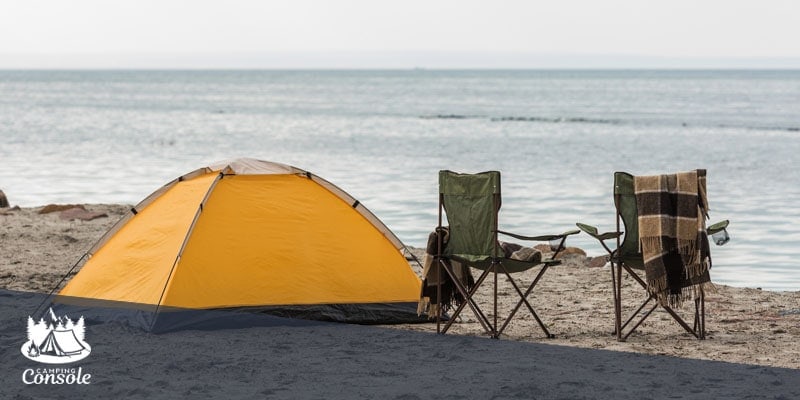
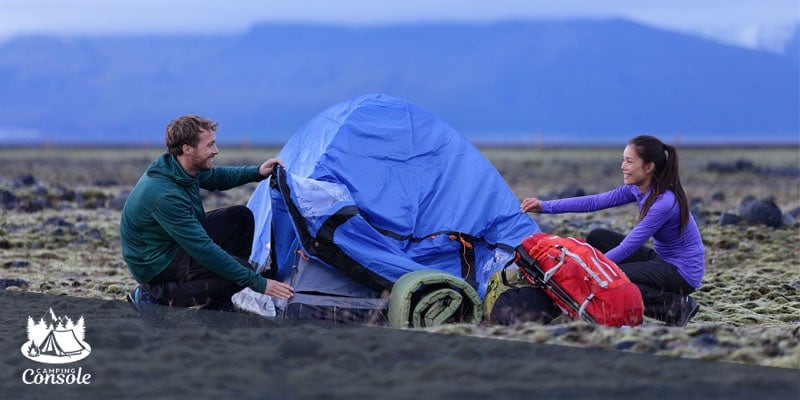
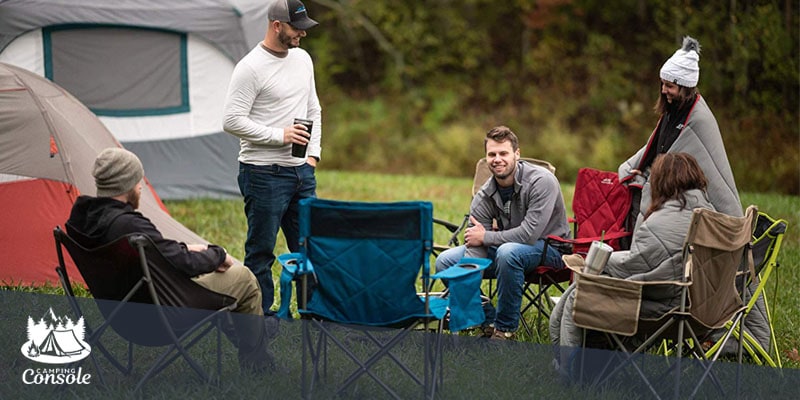
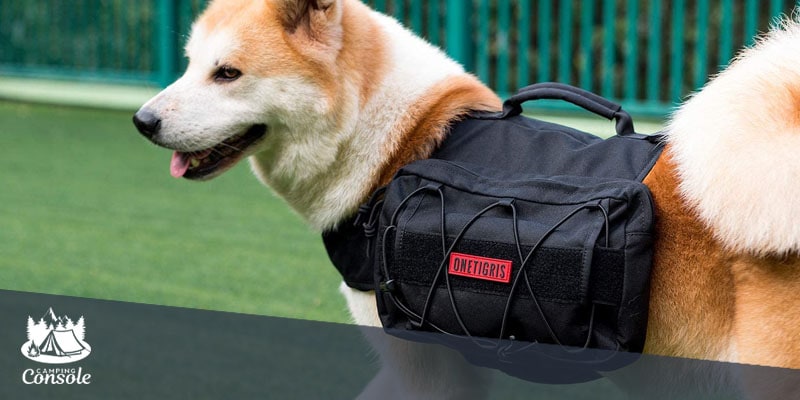


Add comment